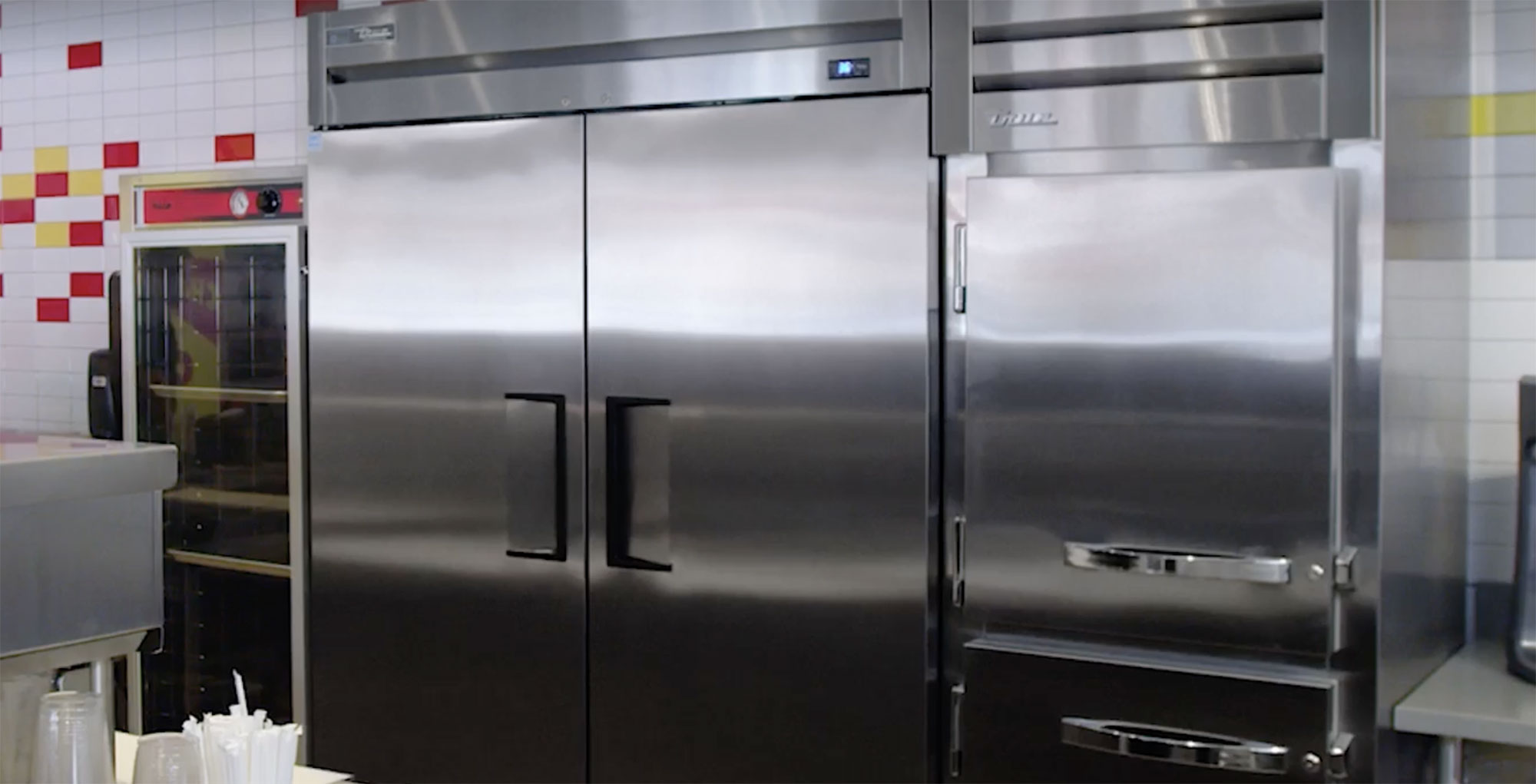
When running a food-related business, one of the most crucial investments you’ll make is in high-quality refrigeration. A commercial freezer is essential for keeping perishable items at optimal temperatures, ensuring food safety, and reducing waste. However, selecting the right commercial freezer can be a daunting task, given the myriad of options available in the market. This guide will help you navigate through the essentials, making it easier to choose the perfect commercial freezer for your business.
Why a Commercial Freezer Is Essential
A commercial freezer is specifically designed to meet the rigorous demands of a business environment. Unlike residential freezers, commercial models are built to run continuously, with more robust components to handle the frequent opening and closing of doors. This durability is vital for maintaining consistent temperatures, which is crucial in ensuring food safety and quality. Whether you run a restaurant, grocery store, or catering service, a reliable commercial freezer will keep your inventory fresh, reduce spoilage, and ultimately save you money.
Types of Commercial Freezers
Before diving into specific features, it’s essential to understand the different types of commercial freezers available:
Upright Freezers: These are similar to household freezers but larger and more powerful. They offer multiple shelves, allowing for organized storage. Upright freezers are ideal for businesses with limited floor space but require frequent access to frozen items.
Chest Freezers: Offering more storage space than upright models, chest freezers are perfect for bulk storage. They tend to be more energy-efficient and maintain temperature better due to their design, which limits cold air loss when the lid is opened.
Under-counter Freezers: These are compact freezers that fit beneath countertops, making them ideal for small kitchens or businesses with space constraints. They provide easy access to frozen goods without taking up valuable kitchen space.
Walk-in Freezers: For large-scale operations, a walk-in freezer is the go-to option. These freezers are essentially rooms that maintain freezing temperatures, allowing for significant amounts of inventory to be stored.
Key Features to Consider
When choosing a commercial freezer, there are several key features to consider:
Temperature Control: Accurate temperature control is critical for maintaining food safety. Look for a freezer with a reliable thermostat and consider models with digital controls for more precise settings.
Energy Efficiency: Running a commercial freezer can significantly impact your energy bills. Opt for an Energy Star-rated model that uses less electricity while still providing optimal performance. Energy-efficient freezers not only save money but also reduce your business’s carbon footprint.
Storage Capacity: Determine how much storage space you need based on your business operations. It’s better to have a bit more space than not enough, but also consider the physical space the freezer will occupy in your establishment.
Durability and Build Quality: Commercial freezers are a long-term investment, so durability is key. Stainless steel interiors and exteriors are common in high-quality models due to their resistance to rust, ease of cleaning, and overall longevity.
Defrosting Method: Freezers can be either manual or self-defrosting. Manual defrost models are usually less expensive and more energy-efficient but require regular maintenance. Self-defrosting models are more convenient, automatically melting ice buildup, but they can be less energy-efficient.
Door Type and Seal: The type of door (solid or glass) and the quality of the door seal are important factors. Solid doors are better for insulation, while glass doors allow for easy viewing of contents. A good seal ensures the freezer maintains its temperature without frequent fluctuations.
Mobility: Some commercial freezers come with casters, making them easier to move for cleaning or reorganization of your space. If you foresee needing to move your freezer frequently, this feature can be very useful.
Maintenance Tips for Longevity
Investing in a commercial freezer is just the first step; maintaining it properly is crucial to ensure its longevity and efficiency. Regularly check and clean the condenser coils, defrost the freezer if it’s a manual defrost model, and ensure the door seals are intact. Also, make it a habit to organize the contents to prevent overloading and to allow proper air circulation inside the unit.
Choosing the right commercial freezer is a decision that can impact your business’s efficiency, food quality, and bottom line. By understanding the different types of freezers and key features to consider, you can make an informed choice that will serve your business well for years to come. A well-chosen commercial freezer will not only preserve your inventory but also contribute to the overall success of your operation.
For more details, contact Eco Ice Australia